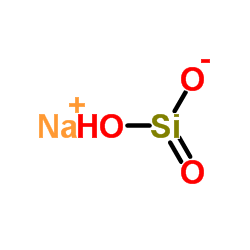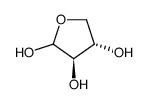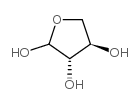| Structure | Name/CAS No. | Articles |
|---|---|---|
 |
sodium silicate
CAS:1344-09-8 |
|
 |
D-(-)-threose
CAS:95-43-2 |
|
 |
L-(+)-threose
CAS:95-44-3 |
|
 |
SODIUM METASILICATE PENTAHYDRATE
CAS:10213-79-3 |